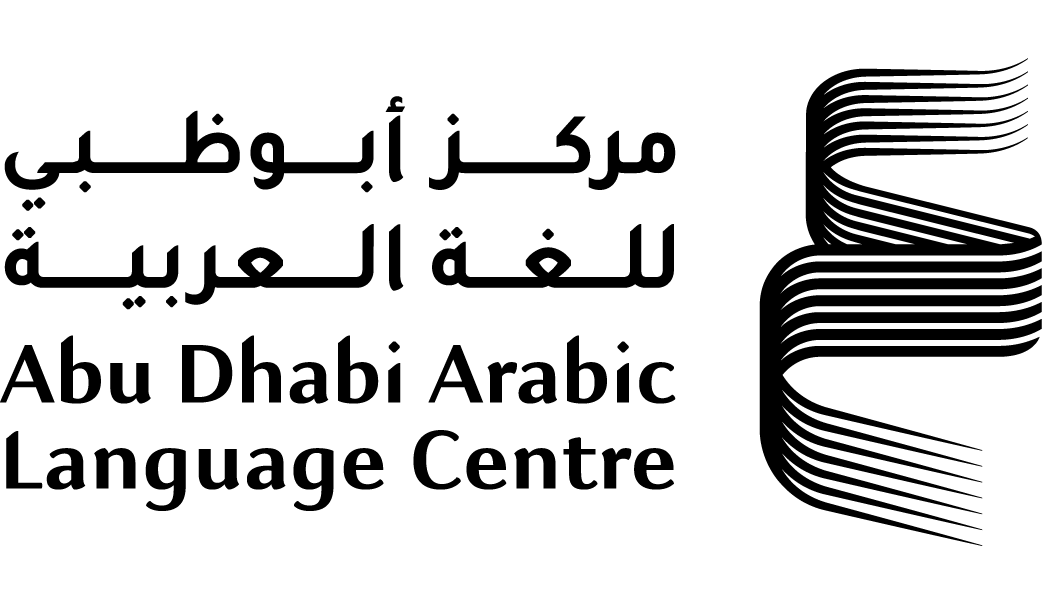Despite Arabic literature witnessing a decline, literary awards are helping preserve the region’s publishing industry, experts stated during a panel session at Abu Dhabi International Book Fair (ADIBF).
Discussing the impact of literary awards on writers, readers and publishers, representatives of six literary awards from across the Arab world highlighted the current state of decline in Arabic literature, as well as suggesting solutions.
Dr. Hisham Azmy, Secretary-General of the Nagib Mahfouz Award in Egypt, stressed that Arab awards are a great motivator and a driving force in contributing to changing the creative scene. He explained that the awards’ great advantages include supporting creators and introducing them and their works throughout the Arab world and beyond. He also pointed out that Arab awards today help expand the readership base, which draws attention to other works published by the authors, in addition to the fact that translation of the winning works opens the way for communication with new communities.
Talib Al-Rifai, Chairman of the Board of Trustees for Kuwait’s Almultaqa Prize for the Arabic Short Story, said as parts of the Arab world struggle economically it is a difficult feat to become an Arabic writer or publisher.
“Our communities now are facing hard times, with ongoing wars, an immigration exodus from many countries. So, to have a specific agency awarding writers, it is a great thing, specifically because Arabic writers are struggling a lot,” he said.
Ali Khalifa, Secretary General of the Isa Award for Service to Humanity in Bahrain, said that compared to other regions, which have thousands of publishing houses, there are fewer in the Arab world, which makes it difficult for writers to be published.
He said: “Writers have suffered simply to publish their books. They would owe people money or take loans just to publish their own books or even carry the books physically to distribute them. That was done in some of the more comfortable Arab countries.”
Khalifa stressed that awards are important but work must be done to increase the benefits of such awards, as well as to make sure the judging systems are fair.
Asaad Abdul Rahman, Member of the Board of Trustees and CEO of the Palestine International Institute, said: “The Arabic language is in a dire situation, this, in turn, affects publishing and awards because our language is the cradle of our culture.”
Abdul Rahman called for the support and promotion of existing writers. “The awards presented by the Palestine International Foundation introduce new generations to the products of dead writers that the new generations do not know, and this raises awareness of the value of the late creators,” he said. “Awards have created an important lifeline for writers and publishers across the Arab world.”
Abdulaziz Alsebail, Secretary General of the King Faisal Prize in Saudi Arabia, said that awards are a platform for unknown writers and authors to present their work. Writers from across the Arab world become recognised, their previous works are discussed and this opens opportunities for more writers to follow them.
“Prof. Suzanne Stetkevych from the US was studying and conducting incredible research into the Arabic language for years, she was not known or recognised in the region. When she was recognised by the King Faisal Prize for Arabic language and literature, her work was spread amongst many people,” said Alsebail.
His Excellency Dr. Ali bin Tamim, Secretary General of the Sheikh Zayed Book Award and Chairman of Abu Dhabi Arabic Language Centre (ALC), said Arab literary awards go beyond the motivational aspect in encouraging creators to continue with their artistic efforts. He believes the awards inspire talent in the region, develop the fertile imaginations of the youth, and motivate promising authors.
ADIBF, which runs from 23 to 29 May at the Abu Dhabi National Exhibition Centre (ADNEC), is organised by the ALC, part of the Department of Culture and Tourism – Abu Dhabi (DCT Abu Dhabi).
![alc-default-cursor]()

